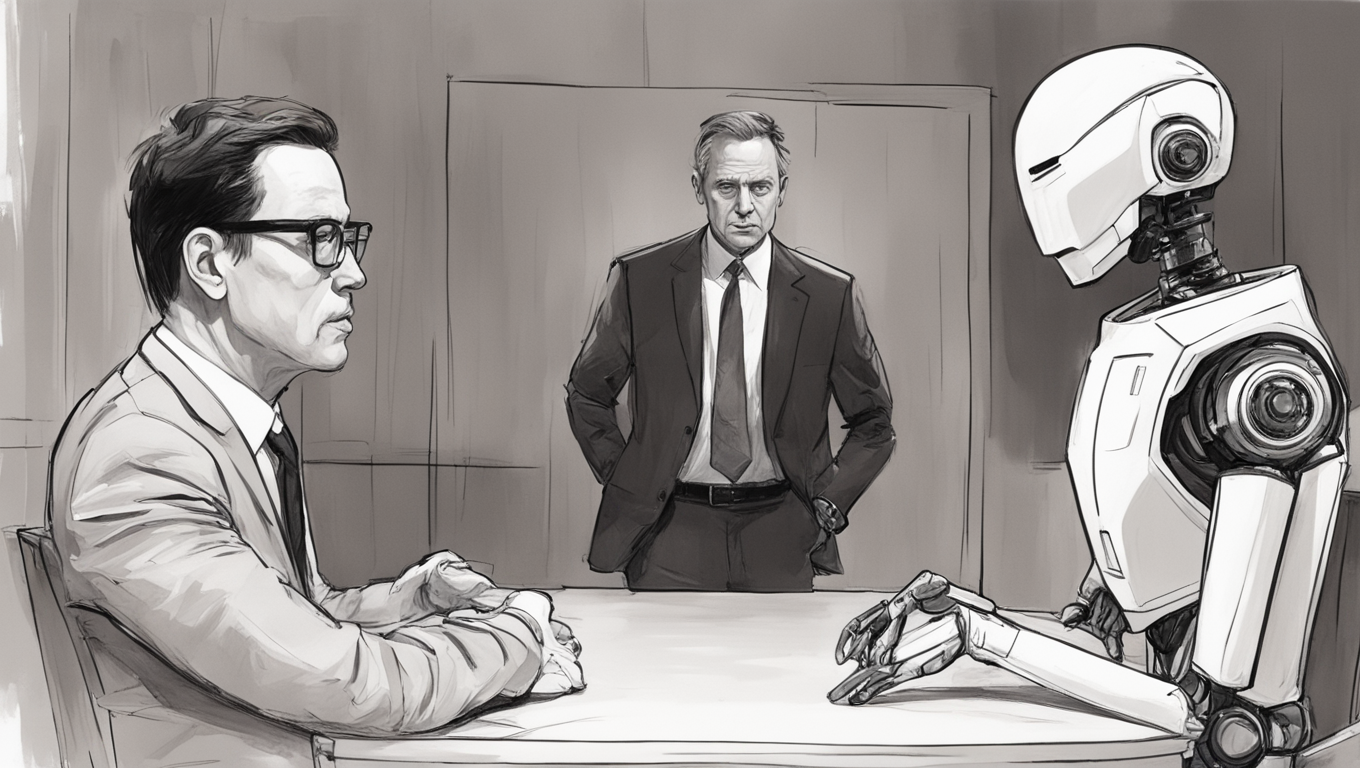Negotiations between Hollywood actors and major studios hit a roadblock as concerns over artificial intelligence (AI) usage remain unresolved, prolonging the 111-day strike, according to SAG-AFTRA, the actors' union. The union recently presented a revised AI proposal to the Alliance of Motion Picture and Television Producers (AMPTP), which represents media giants such as Netflix and Walt Disney. The actors' union is seeking restrictions on the use of generative AI technology by studios, fearing that it may lead to the replacement of human actors or the unauthorized use of their likenesses.
While the revised proposal was discussed during a three-hour meeting, other issues still remain under negotiation. SAG-AFTRA is awaiting the AMPTP’s response to their comprehensive counter proposal package, which was submitted on Saturday. The union has been advocating for higher minimum salaries and additional benefits for its members. Throughout the strike, actors have continued picketing outside studio offices in New York and Los Angeles, with the union expressing gratitude for their dedication.
This strike comes after a similar battle earlier this year involving film and television writers who demanded AI protections and fair compensation in the streaming TV era. The writers reached a deal with the AMPTP towards the end of September, bringing an end to their strike. Both strikes have had a significant impact on the industry, causing the shutdown of most scripted production in the United States, leaving thousands of crew members jobless, and costing the California economy an estimated $6 billion, according to the Milken Institute.
The issues raised by the actors' union highlight the anxieties that come with the rapid advancement of AI technology in the entertainment industry. As AI becomes more sophisticated, the line between human and digital performers blurs, raising questions about job security and the ownership of one’s likeness. The actors' concerns echo a wider debate about the ethical implications of AI, its impact on employment, and the need for regulations to protect workers.
In this era of rapid technological advancement, it is essential for industries to address the potential risks and evaluate the long-term consequences of emerging technologies. Negotiations between the actors' union and the studios will likely play a pivotal role in shaping the future of AI usage in the entertainment industry. As Hollywood grapples with these challenges, the outcome of these negotiations will set a precedent for the industry and offer insight into how AI will be incorporated into creative processes while safeguarding the rights and livelihoods of actors.
In order to better understand the concerns raised by SAG-AFTRA, we reached out to AI ethics researcher Dr. Emily Thompson, who highlighted the need to strike a balance between technological innovation and protecting the rights of actors. “While AI has the potential to revolutionize the entertainment industry, it is crucial that we establish guidelines to ensure that it is used ethically and respects the rights of performers,” Dr. Thompson emphasized.
As negotiations continue, the outcome will not only affect the lives of actors but will also shape the path forward for AI implementation in the entertainment industry. Hollywood, known for its ability to captivate audiences with cutting-edge storytelling, must now confront the complex ethical and legal challenges posed by AI. The resolution of this strike will be a compelling chapter in the ongoing narrative of AI’s impact on the future of work and creative expression.





Use the share button below if you liked it.